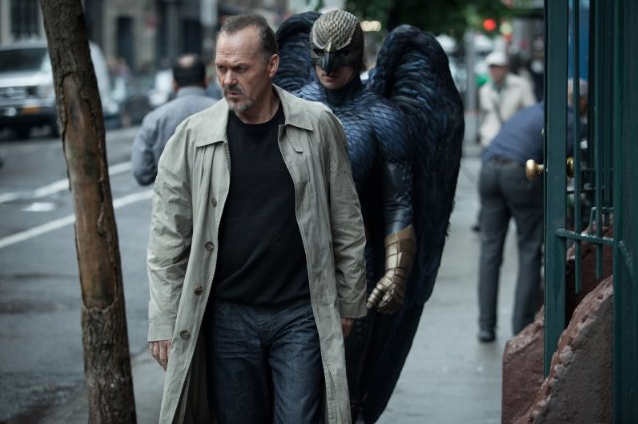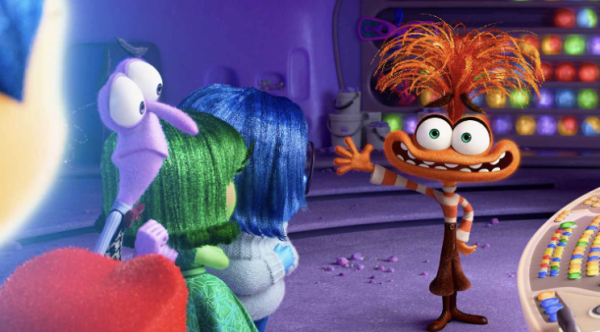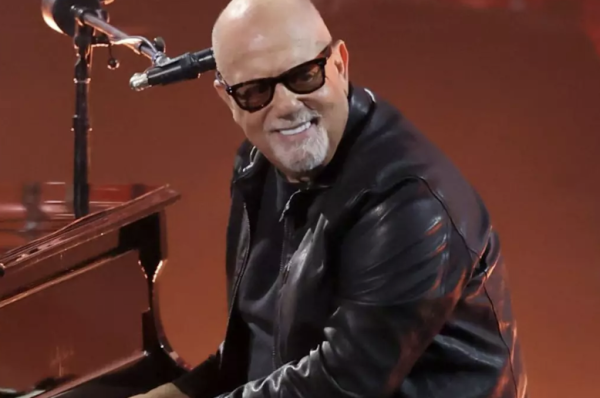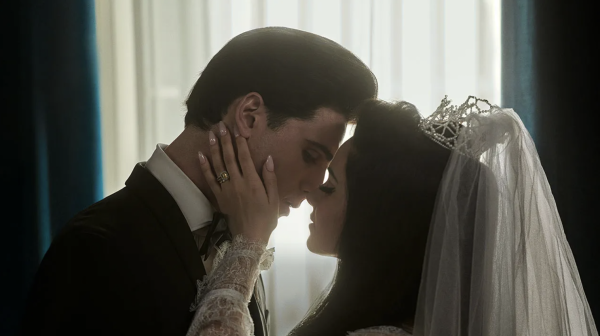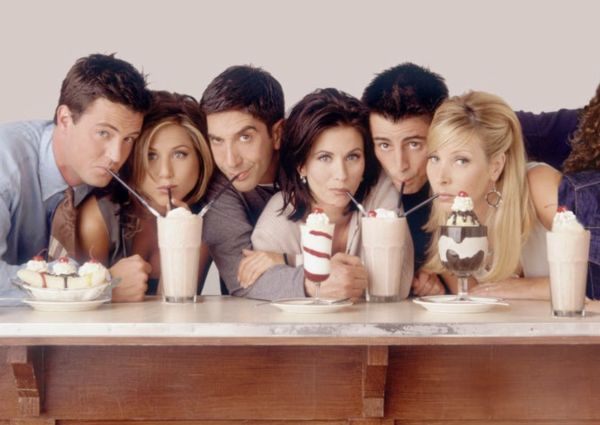Birdman-How did we end up here?
November 24, 2014
In Birdman, Alejandro Gonzalez Inarritu, the film’s director and co-writer, portrays the story of a washed up actor, Riggan (Michael Keaton), who once starred in a superhero movie franchise. Once he was the mighty Birdman, and he now aspires to be a playwright, director, and stage actor. His Broadway play “What We Talk About When We Talk About Love,” a failing attempt at art, serves as an attempt to revive his ego.
“Popularity is the slutty little cousin of prestige,” comments Mike (Edward Norton), an actor in the play (the Broadway insider, the star power, the troubled, obnoxious, and complicated yet respected professional).
With his casting, Inarritu weaves solid acting with strong actor-character statements. He offers parallels between the great Michael Keaton, who once starred as the Dark Knight in Tim Burton’s Batman franchise, and Riggan, who starred in the fictional Birdman franchise. But the depth and worth of Riggan’s character does not merely lie in such a simple connection. Keaton’s performance delves into the insecurity of a man who, while past his prime, seeks to redefine success. He figures that he must take the next step from “popularity” to “prestige”, which to him means winning acclaim from a different audience. Riggan suffers from the common flaw of externally dependent self-esteem: He measures his worth by how many people love him, applaud him, and value him.
The theme of self-worth is extremely prevalent in Birdman, a movie about those who expose themselves professionally. The talented Naomi Watts plays Lesley, a Broadway novice, while Norton plays an experienced Broadway native. From the juxtaposition of these two characters you can gauge how experience in performing warps/molds personalities and emotions into multi-faced tools that can be deftly and expertly utilized for success in the trade.
Apart from the expert writing, acting, directing, and casting, the film’s cinematography plays an integral role in determining the overall mood. The entire movie, filmed in a single-camera fashion, has no cuts. As the camera worms through corridors from scene to scene, perspective to perspective, the audience forms an offbeat, intimate understanding and relationship with the set, the characters and time. It is almost as if the audience is a third party, hovering in the room as the characters live.
Inarritu’s Birdman addresses the universal tragedy of decaying self worth that plagues human nature. The film relentlessly forces us to assess how something as important as our self-worth can be damaged and warped and ask ourselves the existential statement, “How did we end up here?”



